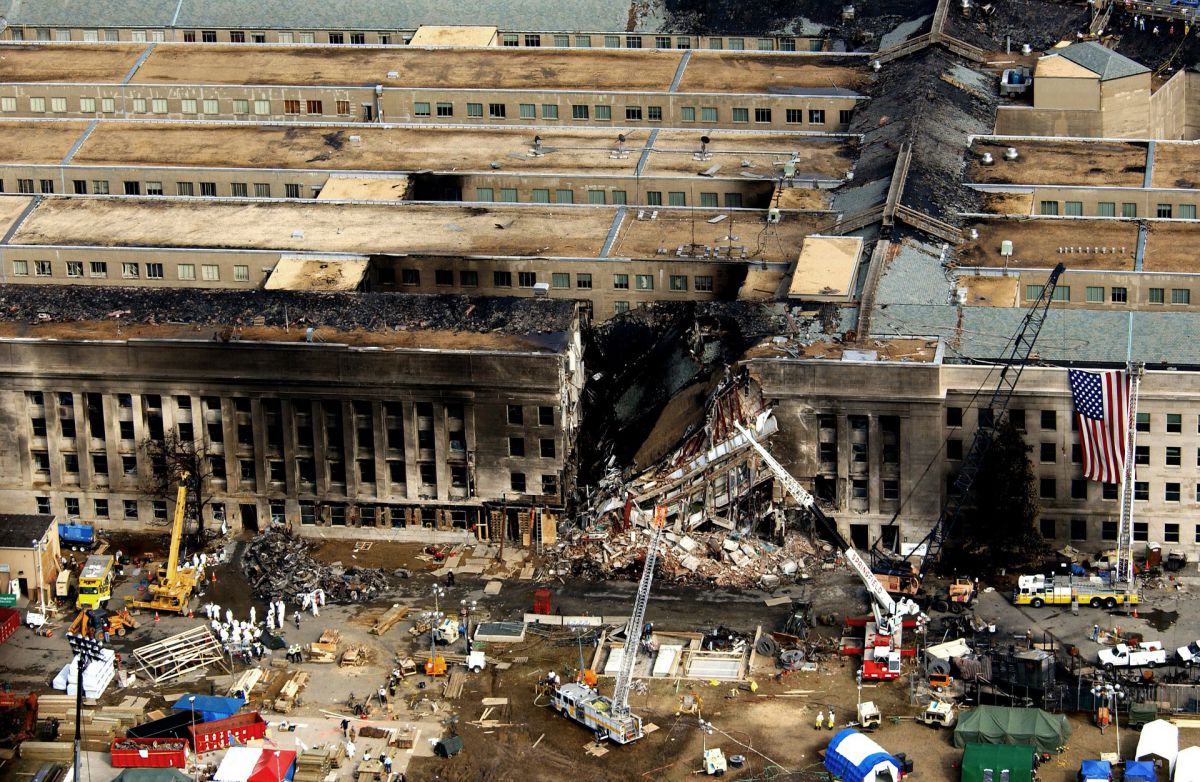
Image by WikiImages from Pixabay
The 9/11 Analog
Courtesy of Joshua M Brown
If you were an investor during 9/11 or worked in the business, then you feel the parallels between this moment and that one very acutely. Then, as now, the life and death issues of the moment overrode concerns about market volatility, although the volatility became expected each morning when we opened our eyes and went to work.
They got the stock market open on September 17th, after the longest closure for the NYSE since 1933. The Dow fell 684 points or 7.1%, which was then the biggest daily loss in exchange history. There were brokerages and a whole variety of financial institutions that could not open that week because their operations were so hopelessly disrupted by collapsed buildings, fires and debris around Ground Zero, which was at the heart of the Financial District. Many firms were still burying their dead or visiting colleagues in the hospital. There were still people missing, their loved ones unsure of what had actually happened to them. Uncertainty doesn’t get more uncertain than that.
By the end of that week, the Dow had lost 1,370 points, or roughly 14%. Approximately $1.5 trillion in market capitalization had been lost in the US alone, and overseas it was just as bad. The airlines were cut in half in an instant. The banks and brokerage firms were slammed, as were insurance names like Berkshire Hathaway – insurance companies ended up paying out over $40 billion in 9/11-related insurance claims over the next few years.
Investors were shellshocked. The attack took place a year and change into a bear market that had already erased most of the market cap of the Nasdaq technology stocks that had become so widely owned by investors of every asset and experience level. It made a bad situation worse.
We knew a war had begun and that our way of life would be changed for as far as the eye could see. Then, as now, there were questions about the US government’s response, the Federal Reserve’s role in shoring up the economy, what Congress would pass in terms of fiscal stimulus and, of course, the rumors, fears and theories about subsequent attacks. Every time a suspicious package was found in a train station or an airport, stocks would lurch lower, not unlike the way we’re currently trading around new outbreak reports. Anthrax in the mail then has been replaced by school closure announcements today.
We were already in a recession during 9/11 and in the wake of the attack, the economy got worse. And then stopped getting worse. And then it began to recover sometime in early 2003. This situation is somewhat different because the start of a recession is now ahead of us. Up until late February we had been cruising along at around 2% growth and it was fine. Now, all of that is out the window. A recession is less frightful than a terror attack, but stocks react very similarly to the unknown and the release of new information across the tape every hour.
Try to keep in mind that we’ve been through worse. Those who remember those days 19 years ago should think back on how much scarier things were then.



